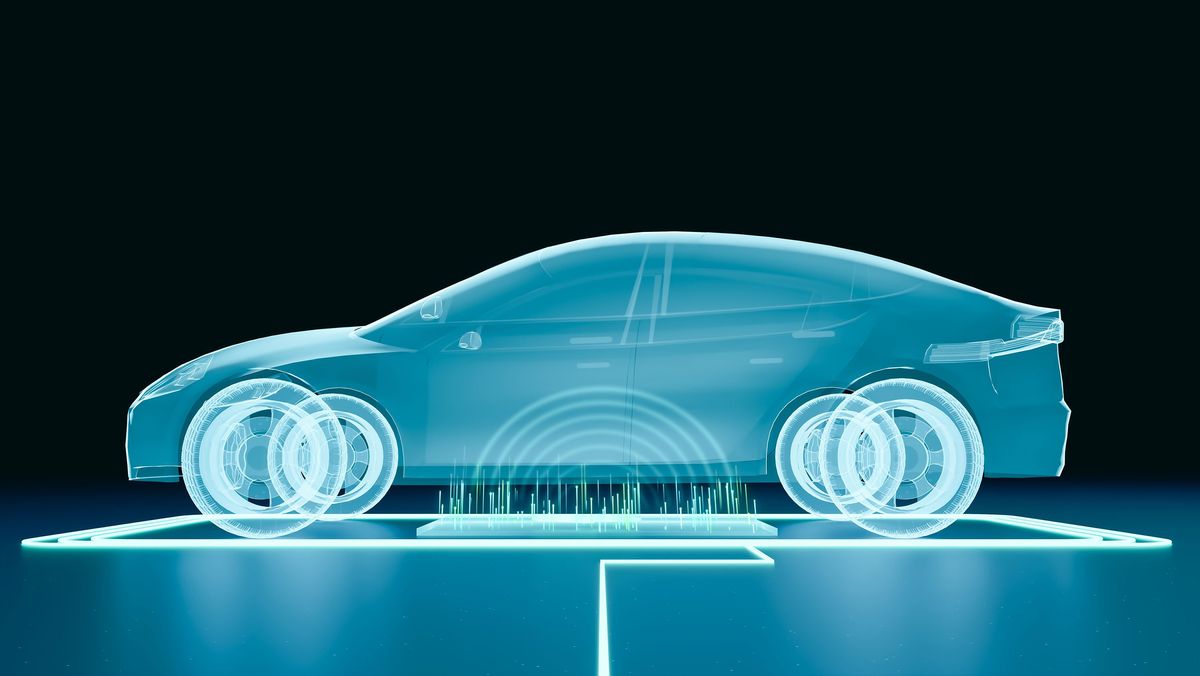Recently, I related the unceremonious disappearance of the fuel cell-powered laptop that was promised year after year at the beginning of this decade by NEC and just never materialized.
Laptops were developed so people could travel with their computers. Traveling means going on airplanes. No one seemed to consider the problem of how you were supposed to get through airport security with a laptop computer that had a half-liter of methanol attached to it.
But this has not deterred researchers at Harvard University, who have continued perfecting a methane-powered laptop after determining the real problem with these fuel cell-powered laptops is reliability, temperature and cost. I did get a kick out of the headline for this one “Methane-powered laptops may be closer than you think.” Really? I am supposed to fall in line again on this one?
If I were the researchers, and I was really intent on seeing fuel cell-powered laptops on the market, I might contact someone at the Transportation Security Administration and ask them if the foresaw any difficulties getting through security with some methane in one’s laptop.
While you’re waiting for that answer, you could find ways of getting the things to operate at temperatures well below 500° Celsius and celebrate that you managed to develop electrodes for the fuel cells that don’t use platinum.
I welcome research in improving fuel cell technology, every breakthrough counts, but does that research need to be accompanied with application proposals that just don’t seem workable?Dexter Johnson is a contributing editor at IEEE Spectrum, with a focus on nanotechnology.




